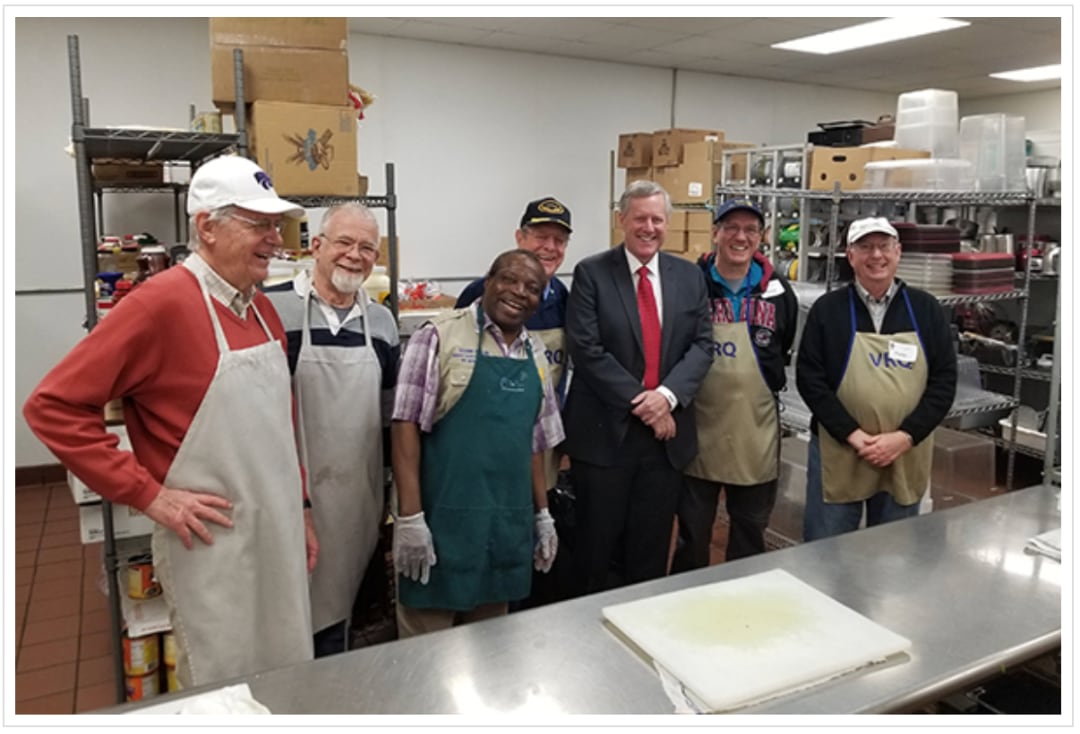
By Isaac B. Owolabi, past governor of Rotary District 7670 and a member of the Rotary Club of Asheville-Biltmore, North Carolina, USA
I am grateful for my involvement in Rotary, not only because it has allowed me to make many friends but to grow in countless ways. My excitement for Rotary has increased over the years because I have been fortunate to have been offered many opportunities to get involved, learn new skills, and lead. This is what is meant by participant engagement, a pillar of our Action Plan. And it is necessary if we want our clubs to thrive and grow.
My Rotary journey began 30 years ago, when a friend and I were exercising in a gym. We were approach by a gentleman who told us about this group of people committed to service that met in a nearby hotel for breakfast. We checked it out and after five visits, we were committed to join. The club grew from five to 27 people in just five months. I initially joined for networking but stayed because of the constant chance to improve myself and the lives of others.
Make room for others to serve
After three years, my job took me to another location, and I had to transfer to another club. At my second meeting in the new club, a member approached me and asked “How would you like to serve as our president nominee?” I left the meeting that day feeling that the club not only recognized me but also believed in me enough to serve as president.
I have come across a lot of people who feel there is no room for them to serve in Rotary. This should not be the case. We are leaders and experts in our vocations. Club leadership has an obligation to continually listen to our members for new ideas and find service opportunities that are personally and professionally rewarding to them. We need to adopt a participant-centered approach to running our clubs. Every encounter is an opportunity to show others what Rotary can do and what they can do with us.
Survey members
My year as club president built my confidence and taught me how to work with others. I learned how to approach individuals and ask for their help. Sometime, people don’t volunteer unless they are asked. But they feel honored if you ask them personally to complete a task for you. I took these same skills to my profession. People take interest in things they can help create or build.
Having the opportunity to serve as assistant governor and program chair further stretched my ability to work with others and ask for help, incorporating the expertise of others. I enjoyed working with other assistant governors to make our clubs better.
Getting our members involved is critical if we want to grow our clubs. In my club, we conduct surveys every year asking members what community projects they are interested in. We then find ways to get people involved. In my experience, the more we as leaders provide opportunities for our members to get involved, and encourage them to do so, the more they will stay and enjoy their Rotary experience. This excitement is contagious.
In my book The Leadership Strategies for Nonprofit Organization: My Rotary Story, I capture many of the things I have learned as a leader in Rotary. It is my hope this will help future Rotary leaders embrace the full value of our Action Plan, and particularly engagement.